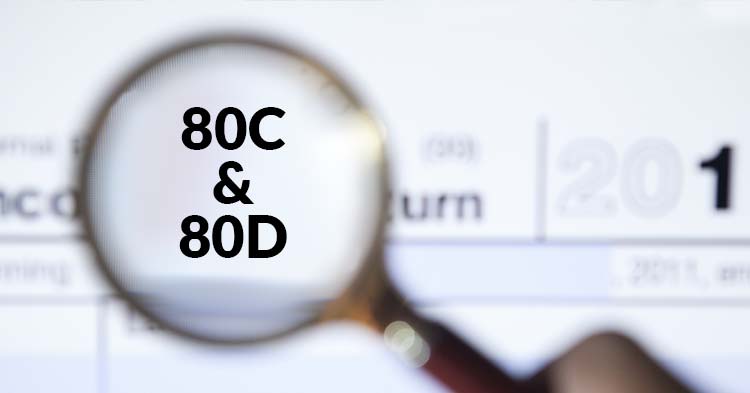OneInsure Blog
With ITR Deadline Close, Get All Your Documents In Place
It's that time of the year in India when people are hurrying to ensure they have filed and verified their Income Tax Returns before the deadline, because there is a risk of ending up paying a fine of up to Rs 5,000.
The procedure varies as per the income earned per year and income sources, like salary, business profits, capital gains, and so on. In the middle of all this, collating all your documents is an important aspect.
In this article, as we discuss the step-wise to-dos for tax filing, we will also list out the documents needed in order to have a smooth filing experience:
- Choosing the Applicable ITR Form– Taxpayers have to choose the ITR form applicable to them.
- Link Aadhaar with PAN– Taxpayers should link their Aadhaar Card with their PAN Card.
- For Salaried Employees– PAN Card, Form 16 issued by your employer/s, and salary annexure/s are required.
- Documents Related to Interest Income– Bank statement/passbook for interest on savings account, interest income statement for fixed deposits, and TDS certificate issued by banks and/or others are required.
- Form 26AS– Form 26AS is a summary of taxes deducted on your behalf and taxes paid by you. This is provided by the Income Tax Department.
- Other Investment Documents– Interest paid on housing loan, interest paid on education loan, and/or stock trading statement/s are required.
- Tax-saving Investment Proof/s– All the tax-saving investments and expenditures incurred by you under Section 80(C), 80(CCC), and 80CCD(1) during the current year can help you lower your tax liability significantly. The maximum tax exemptions you can claim under these three sections cannot exceed Rs 1.5 lakhs in a financial year (according to current laws). Some of the most common available tax exemptions under Section 80(C) are as follows:
- Premiums paid for life insurance policies
- Employees Provident Fund (EPF)
- Public Provident Fund (PPF)
- National Pension System (NPS)
- Investments in ELSS schemes of mutual funds
- Claim Deductions under Section 80(D)– Health insurance premiums paid by you are eligible for tax deductions under Section 80(D) of the Act for a maximum up to Rs 65,000 in a year (according to current laws).
How Can OneInsure Help You?
To show Section 80(C) and 80(D) deductions, you need to submit a document called the Premium Paid Certificate (also referred to as Tax Certificate). This document is issued by the insurance company to the policyholder, which shows the total (tax-exempted) premiums the person has paid during a specific financial year. This document serves as investment proof to receive tax benefits. At OneInsure, you can receive your Returns-ready compiled tax certificate in a matter of hours.
This service is given for FREE. Moreover, this service is available regardless of where you have bought your policies from – they don't necessarily have to be bought through OneInsure.
How Can I Avail my Tax Certificate?
On request, this service can be availed through any one of the following mediums:
- The OneInsure App: Play Store| App Store
(Suggested Reading: How to get tax certificate through the OneInsure app) - WhatsApp Chat: 98202-25238
- Website: oneinsure.com
- Customer Service Hotline: 86559-86559
- Chat: Two options to chat with an insurance expert:
- Through the Ask An Expert section on the OneInsure app
- Get queries resolved by OneChat from any page on the OneInsure website (right-bottom)
- Email: support@oneinsure.com
--
We are just a request away!
Be Sure with OneInsure
(Source and Credits: ClearTax and ET)
GET BEST QUOTE FOR TAX


 Comments
Comments

 Documents Required To File ITR
Documents Required To File ITR



